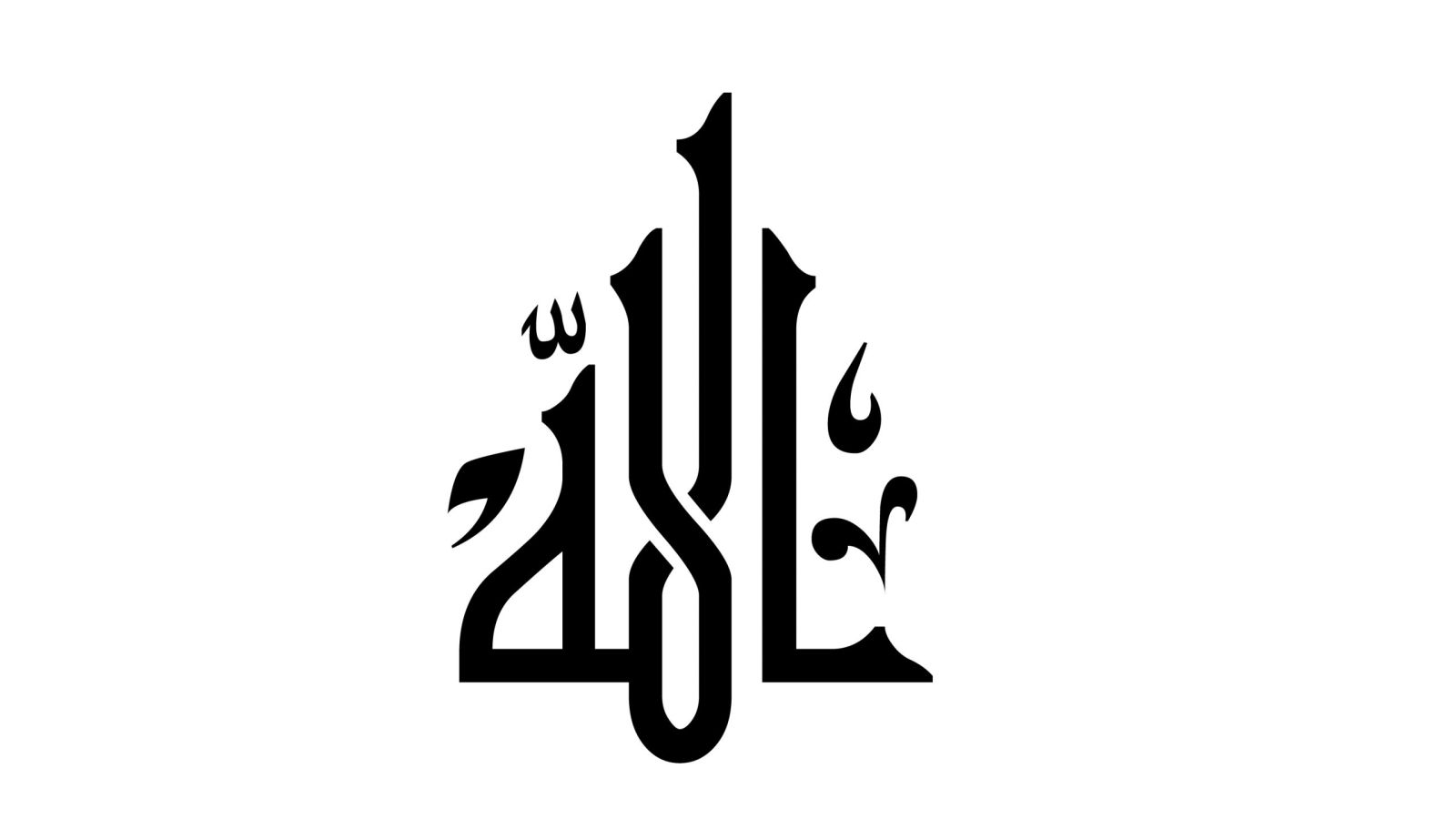Explains the muhaddith of his time, Imām Muḥammad Nāṣir al-Dīn al-Albānī (raḥimahullāh), “This does not mean that at one time we will not find any scholars on the earth, rather, what it points to, as time passes the fewer scholars we will have, till we will not find on the earth people who say ‘Allāh, Allāh’. The ḥadīth says ‘ignorant people’; from the ignorant people are those who give the tafsīr of the Qurʾān and the Sunnah with no tafsīr (preceding them).
States Imām al-Albānī, “Knowledge is at three levels:
- Allāh said (the Qurʾān)
- The aḥādīth of the Prophet (ṣallallāhu ʿalayhi wa-sallam).
- The statements of the Companions (raḍī Allāhu ʿʿʿanhum)
As many people say, when they speak about this topic, ‘Islām is taken from the Book of Allāh and the Sunnah of the Prophet (ṣallallāhu ʿalayhi wa-sallam)’, and with this, there is no doubt, but then, it is incomplete. As we see Ibn al-Qayyim (raḥimahullāh) did not stop at ‘The Prophet (ṣallallāhu ʿalayhi wa-sallam) said’ rather he said ‘The Companions (raḍī Allāhu ʿanhum) said’ and we hardly hear this from the preachers who call to Islām today. This is taken from the ḥadīth of the Prophet (ṣallallāhu ʿalayhi wa-sallam),
“The best of people is my generation, then those who follow them, then those who follow them.”[2]
Concerning the third level of taking knowledge, the statements of the Companions (raḍī Allāhu ʿanhum), “It is based upon an ayaah in the Qurʾān,
“And whoever contraḍīcts and opposes the Messenger (Muḥammad, ṣallallāhu ʿalayhi wa-sallam) after the right path has been shown clearly to him, and follows other than the believers’ way. We shall keep him in the path he has chosen, and burn him in Hell – what an evil destination.
[Sūrah al-Nisāʾ, 4:115]
…And you should notice that Allāh included, ‘…and follows other than the believers’ and this is not done without great wisdom. So let not this ayaah be dismissed, remember this ayaah continuously so that you do not deviate right or left, this will be a safeguard for you from the evil sects which are not going to be successful as in the ḥadīth that I will mention in short,
He (ṣallallāhu ʿalayhi wa-sallam) said, “Indeed, the people of the Book before you split-up into seventy-two sects. And this nation will split into seventy-three sects, seventy-two are in the Fire and one is in Paradise.” [3] And in another narration, “All of them are in the Fire except one.” It was asked, ‘Who is that one?’ He replied, “That which I and my Companions are upon.”
In this ayaah, Allāh promises the person who deviates from the path of the believers, the hellfire. And the one who follows the path of the believers the Paradise. So Ibn al-Qayyim mentioned in his poetry ‘The Companions (raḍī Allāhu ʿanhum) said’, which he included amongst the sources of knowledge. He did not speak of his own whims, his own opinion, his own itjihād (derivation), rather took it from the previous ayaah and ḥadīth. Also, there is another ḥadīth that points to this,
The Prophet (ṣallallāhu ʿalayhi wa-sallam) said, …Those of you who live long after me will see a lot of differences, so hold fast to my Sunnah and to the Sunnah of the Rightly-Guided Caliphs after me. Cling to it tightly and beware of newly-invented matters, for every newly-invented matter is an innovation, and every innovation is misguidance, and all misguidance is in the Fire.” [4]
The Prophet (ṣallallāhu ʿalayhi wa-sallam) did not only say ‘stick to my sunnah’ but rather ‘…hold fast to my Sunnah and to the Sunnah of the Rightly-Guided Caliphs after me’ who are actually the Companions. Today the youth are confused and find it hard to join a group, they ask ‘to which group should I join?’ but it should said to them, ‘Follow the path of the believers’ (in reference to the previous ayaah, Sūrah al-Nisāʾ, 4:115).”
So, Shaykh Muḥammad Nāṣir al-Dīn al-Albānī advises the youth, “Follow the path of the believers, this is not the path of today but the ‘manhaj as-salaf al-ṣāliḥ’ (the methodology of the pious predecessors), those who are our examples. So we should know in short that our daʿwah stands upon three pillars, 1) the Book of Allāh, 2) The Sunnah of the Messenger (ṣallallāhu ʿalayhi wa-sallam), 3) The way of the salaf al-ṣāliḥ. So for the one who claims that he follows the Qurʾān and the Sunnah but does not follow the way of the salaf al-ṣāliḥ then he in fact, is not following the Qurʾān and the Sunnah. So if he is not following the path of the believers, he will either be following his whims or his intellect and both will send him into a great and far misguidance. And I believe that the difference between the sects of the past was one factor, they did not return to the way of the salaf al-ṣāliḥ. So all the sects say we follow the Qurʾān and the Sunnah but the actual line which divides us is that we follow the Book and the Sunnah upon the methodology of the salaf al-ṣāliḥ.”
Endnotes:
[1] Related by al-Bukhārī (no. 6614)
[2] Related by al-Bukhārī (5/199) and Muslim (7/184), from Ibn Masʿūd (raḍī Allāhu ʿanhu).
[3] Ḥasan: Related by Abū Dāwūd (no. 4597) and Aḥmad (4/102) and it was authenticated by al-Ḥāfiẓ Ibn Hajr in Takhreej Aḥādīthul-Kashāf (no. 63).
[4] Ṣaḥīḥ: Related by Abū Dāwūd (no. 4607), al-Tirmidhī (no. 2676) and it was authenticated by al-Ḥāfiẓ Ibn Hajr in Takhreej Aḥādīth Mukhtasar Ibn al-Haajib (1/137). The addition: “…and every misguidance is in the Fire.” was narrated by al-Bayḥaqī (10/114) and others. It was authenticated by Ibn Taymīyyah in Iqtidaa‘us-Seeraatul-Mustaqeem (1/111)













